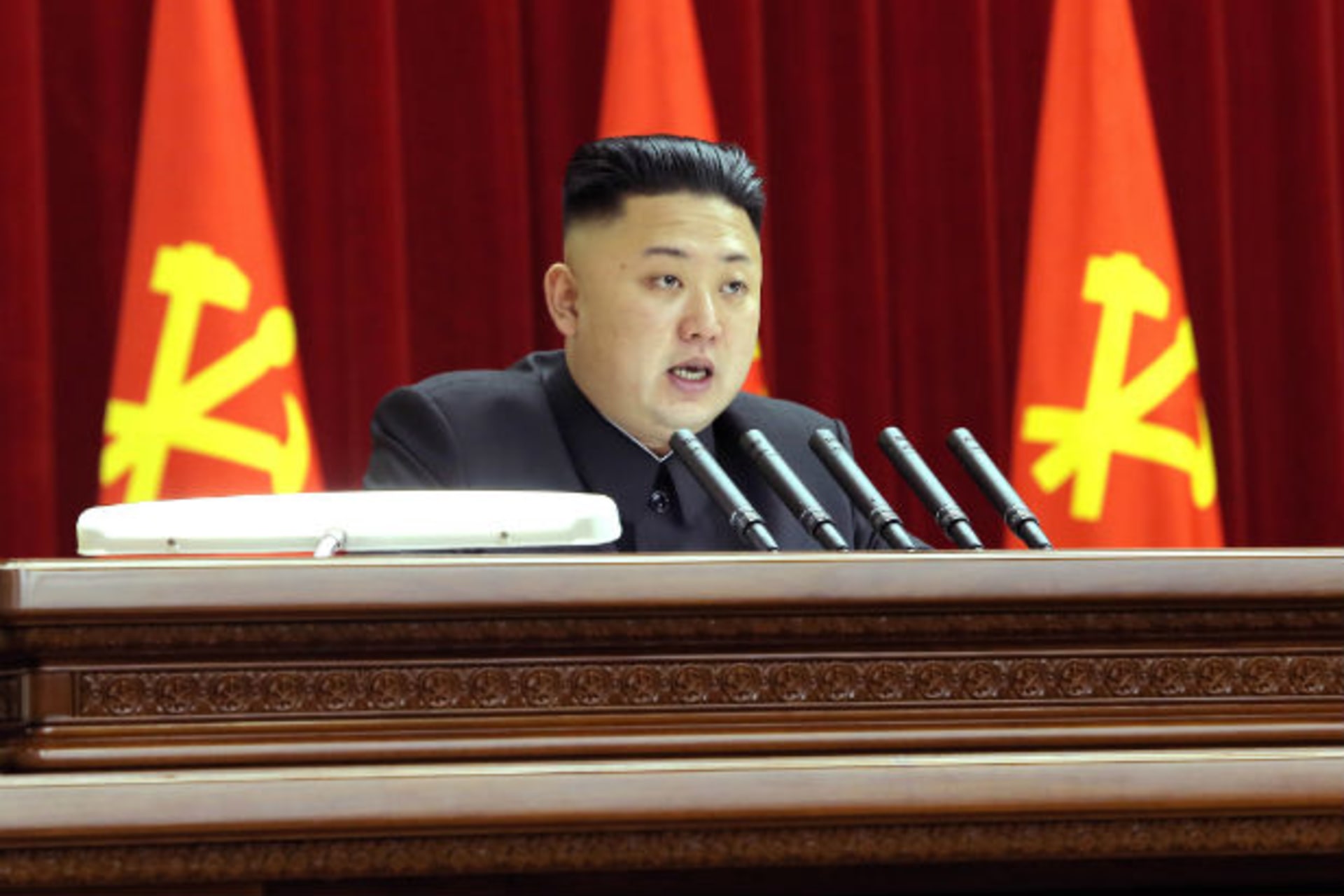The Motivations Behind North Korea’s Pursuit of Simultaneous Economic and Nuclear Development

By experts and staff
- Published
By
- Scott A. SnyderSenior Fellow for Korea Studies and Director of the Program on U.S.-Korea Policy
North Korea has been relatively straightforward in revealing both its aspirations and perceived constraints as it tries to improve its economy while strengthening its nuclear “deterrent” through its dual policy (the byungjin line), announced by Kim Jong Un at a Korean Workers’ Party meeting in March 2013. The policy prioritizes the nuclear and munitions industrial sector; the electric power, coal, metal and railway transport sectors; and new applications of science and technology, while also rejecting that it must make a “strategic choice” for denuclearization as a primary means of survival, as the Obama administration has insisted. Thus, North Korea’s welcome emphasis on improving its economy could also be a “breakout” strategy by which North Korean leaders may believe they can survive as a nuclear weapons state.
If we look at the means by which North Korea intends to pursue its economic strategy, it appears that there are focused efforts to enhance effectiveness of economic management, including possible steps toward reform. In fact, North Korean decisions to widely cover a foreign academic seminar on special economic zones organized by the University of British Columbia and held in Pyongyang in October 2013 in the state newspaper Rodong Shinmun suggest that North Korea is actively seeking foreign investment, and entering a reform-oriented phase not different from the one pursued in the early 2000s.
First, Kim Jong Un has called for “socialist enterprise management methods in which all enterprises carry out their management activities independently with initiative.” This statement is intriguing because it could suggest a step away from central planning and a devolution of decision-making authority to the firm level. However, this directive may simply be a reflection of the central government’s already limited capacity to effectively implement central planning and guidance to individual firms.
Second, North Korea seeks diversification of foreign trade as a means by which to “smash the sanctions and blockade maneuvers of hostile forces and open an advantageous phase in the construction of an economically powerful state.” This statement suggests that North Korea’s renewed push to attract foreign investment is not only a priority of the leadership, but also that the leadership believes increased international economic activity would provide a safety valve against pressure from sanctions. The relative success or failure of North Korean efforts to attract foreign capital despite sanctions may prove to be a decisive factor that will influence both North Korea’s economic prospects and its ability to avoid international pressure on denuclearization.
Third, North Korea is pursuing the promotion of tourism and economic development zones in all provinces. The opening to tourism suggests that the North Korean leadership perceives this sector as a proven means by which to earn foreign capital for state purposes at relatively minimal risk to political control within North Korea. Similarly, North Korea may believe on the basis of its experience at the Kaesong Industrial Zone and elsewhere that it can use the zones as a means by which to earn foreign currency while controlling the effect of outside influences on the local populations. But the location and focus of these zones suggests a potentially greater seriousness of purpose and desire to more effectively utilize special economic zones as an instrument by which to enhance productivity of the economy.
These decisions make it clear that the North Korean government primarily places importance on pursuing pathways to prosperity that avoid loss of political control and that do not involve denuclearization. The pursuit of this “dual progress” policy constitutes a primary obstacle to the international community working toward North Korea’s denuclearization. The policy will test the ability of China and the United States/ROK to coordinate not only political strategies but also economic strategies toward Pyongyang. Moreover, the commitment of North Korea to this policy directly calls into question the sincerity of Vice Minister Kim Kye-gwan’s calls for restarting the Six Party Talks last September in Beijing. Given the commitment of the Korean Workers’ Party to simultaneous nuclear and economic development, North Korean leaders will need to deliver a more authoritative statement of willingness to pursue denuclearization (backed by accompanying actions) as a prerequisite for the resumption of Six Party Talks.